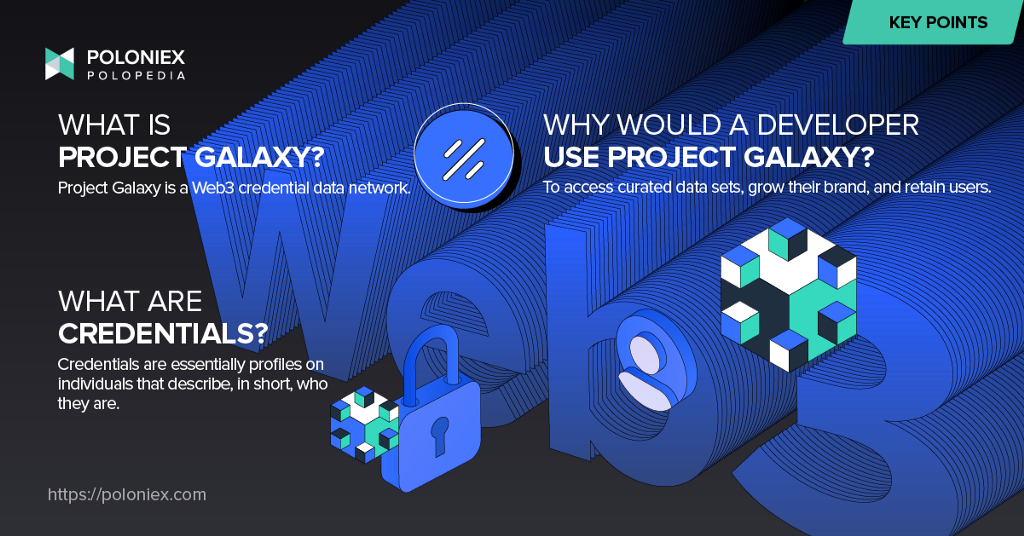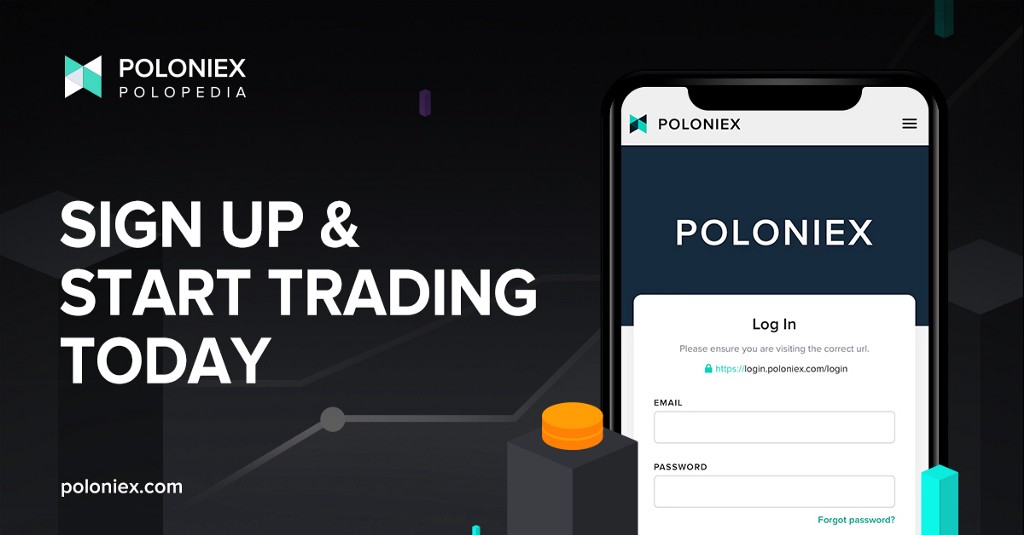
What is Project Galaxy?
Project Galaxy provides credential infrastructure, meaning their mission is to help projects access and use curated data to drive growth and retain users. Not only that, but they also provide the means to run campaigns where projects can incentivize users to contribute their credentials (more on what a credential is below) as well as drive growth by performing certain actions. In return, project users can earn rewards like NFTs for helping out during a campaign.
The problem that Project Galaxy seeks to solve is the growth issue in Web3. Currently, Web3 as a whole lacks vehicles such as app stores or a developed advertising ecosystem through which to grow. One interesting part of this problem, as Project Galaxy outlines in their docs, is the phenomenon of users buying tokens as a part of a project’s growth campaign… then dumping when there are no more incentives. This all-for-naught sort of outcome has become all too known to projects. So, Project Galaxy is building out an infrastructure solution for a more sustainable growth tool: an open and decentralized network that provides curated datasets of credentials.
How does Project Galaxy work?
Project Galaxy has built out a plug-and-play style of customizable NFT modules that projects can utilize in order to run campaigns, collect helpful data, and issue credential- based NFTs to those who contribute to the campaign. External to running a campaign, projects can also use the collected data to set up a reward system for active contributors and loyal community members.
Something that is worth mentioning is the fact that because these modules issue NFTs as a part of a campaign, a project won’t necessarily need a token to drive growth, getting away from the growth problem previously mentioned. It also implies that projects without tokens now have an accessible way to drive growth and retain users.
Project Galaxy’s data network is also open and decentralized, meaning that users truly own the data they are using.
It’s also important to go over how the different players in Project Galaxy’s network interact with each other:
Firstly, you have projects that want to drive growth. Some may have a token, some might not. With Project Galaxy’s modules, a project can easily drive growth, with or without a token. And with credential-based rewards, they can retain users more easily.
Next, we have data curators, which contribute data sets to the network. These curators help in the organization aspect of it all, and are economically incentivized to do so in that they are paid when credentials are used by projects.
Lastly, you have the user, who of course would contribute their credential to the network. By user, we mean an individual that uses or participates in any given developers project, not the project itself. With Galaxy’s On-Chain Achievement Tokens, or OATs, developers can validate that a user participated in a specific event through their credentials and reward said user. Rewards can come as a result of users participating in a campaign, contributing to a project’s community, etc.
What are credentials?
Credentials are a data-based profile on any one user, and can provide a company insight and guidance on how to find a target audience, determine if content is relevant to a user, etc.
An example of credentials that you might be a lot more familiar with is the collection of user data by companies like Google or Meta, which then utilize that data to run algorithms and send targeted ads. Another experience with credentials in our everyday lives might be their use by credit card issuers to calculate credit scores.
The problem with credentials now is that they are a part of data sets that are separate and closed off, owned by centralized entities. And why settle for this, when Web3 technology provides the path for a decentralized, open network of curated datasets? Hence, how Project Galaxy uses credentials. That is, they leverage both on-chain* and off-chain credentials to grow brands.
*On-chain credentials are records of your transactions or activity that live on a blockchain network.
What can you use $GAL for?
GAL, Project Galaxy’s governance token, can be used for voting in Project Galaxy DAO. As with other native tokens, GAL can also be used to pay platform fees. Developers also can use GAL to pay for products such as the Galaxy Oracle Engine and Galaxy Credential API.
How to acquire $GAL
GAL is available on multiple exchanges like Poloniex! You can acquire GAL through trading a USDT trading pair: GAL/USDT.

Feeling ready to get started? Sign-up is easy! Just hop on over to https://poloniex.com/signup/ to start your crypto journey🚀
was originally published in The Poloniex blog on Medium, where people are continuing the conversation by highlighting and responding to this story.

